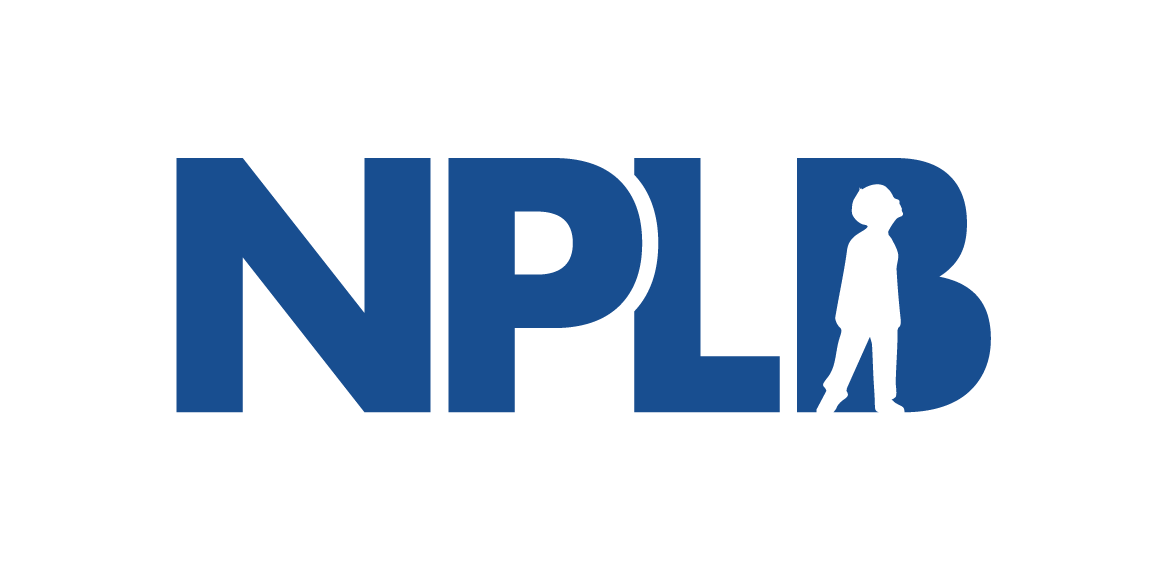
The Quest to End Heart Disease
We all play a role in progress.
Over 120 million Americans live with heart disease, the leading cause of death in the United States. Meet some of the biotech innovators working to develop new medicines to better treat—and even cure—this disease.
This video features:
Over 120 million Americans live with heart disease, the leading cause of death in the United States. Their hearts may gradually weaken or malfunction, suddenly losing the ability to pump blood to their lungs and throughout their bodies. Heart disease includes coronary artery disease, heart attacks, arrhythmias, or heart failure. It lowers energy levels, the ability to care for oneself, and overall quality of life. Often these diseases require medications, traumatic lifestyle changes, and surgical interventions.
But there is hope.
Many small biotech companies, including mine, are working on remarkable new technologies that we hope will someday allow us to better treat, prevent, and even cure heart disease. And there's a good chance that you're helping us. Here's how.
If you are saving for retirement, as millions of working Americans are, there's a good chance some of your savings are invested in biotechnology and maybe even indirectly in my company. So thank you.
I know my investors are investing for their financial security and hope my product will be profitable. I hope so too. But profitable doesn't mean unaffordable thanks to insurance.
Insurance is possible because you and most Americans pay premiums. Our premiums make it possible for novel medicines to be both profitable and affordable. Only 8% of what we pay each month in insurance premiums goes towards novel branded medicines. This creates incentives for investments and work like ours. So thank you and thanks to everyone who makes that possible.
But insurance in America doesn't always do what it promises. Some patients can't afford their medicines because of unaffordable high out-of-pocket costs. Congress is talking about capping those costs, which is the right idea. We certainly aren't inventing new medicines for anyone to be denied access to them.
Unfortunately, some people, including some members of Congress, think that the way to help patients afford treatments is by letting the government control the prices of novel medicines. The problem is that price controls can drive investors away. That's the case, not only in biotechnology, but in any industry.
If the reward for successfully developing a medicine is a government price control, I know my investors will invest elsewhere. I can't blame them. They're looking out for their hard-earned savings.
And price controls on novel medicines won't even save America money because what's special about medicines is that they go generic. Novel medicines are branded until their patents expire. After that, they drop in price and cost Americans very little, but they still keep us healthy and out of hospitals.
If we stop investing in the pursuit of cures for heart disease, we will be stuck having to manage this disease with hospitals. And those costs only go up with time. They only climb—hospitals never go generic.
If we stop investing, millions of Americans will go on suffering, missing work, relying on caregivers, and losing really precious time with their loved ones. And our insurance premiums, which largely go to pay for hospitals and seeing doctors, will continue to climb.
So let's hope that Congress does not resort to price controls that turn investors away from research like ours, but instead caps out-of-pocket costs for patients. Insurance reform is the solution that will allow all of us—by investing, paying premiums, and doing science—to create new and affordable medicines together.
So again, thank you. Thank you for your support, for helping to make breakthroughs by companies like ours possible. Thank you for helping us strive to bring new treatments to patients who desperately need them. Thank you for being part of this massive team effort to build a healthier, happier, and more productive future.
And every time you check your retirement account or see that insurance deduction on your paycheck, we hope you don't just see a number but the promise of scientific progress. We hope that you'll see the brighter, healthier future that you are helping to build.
So again, thank you.

